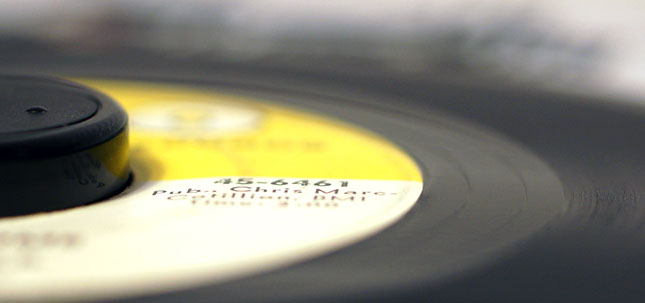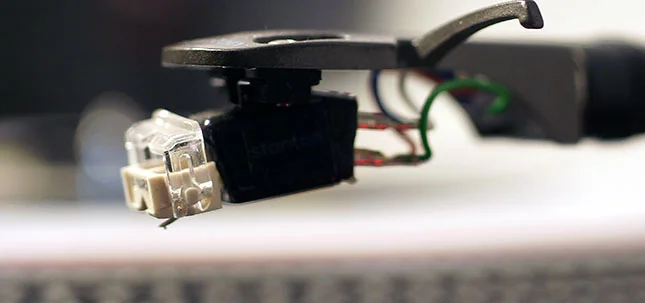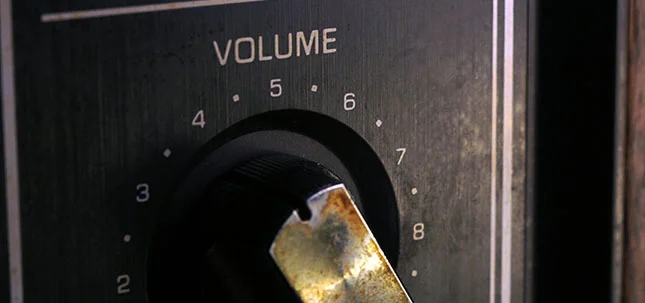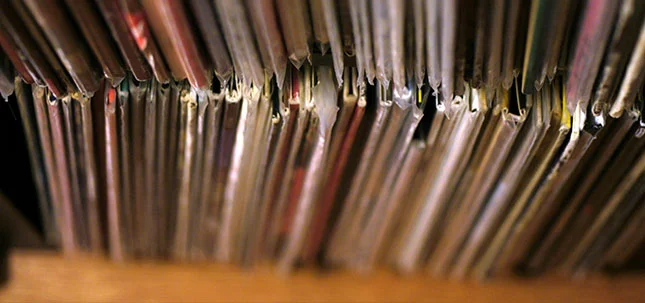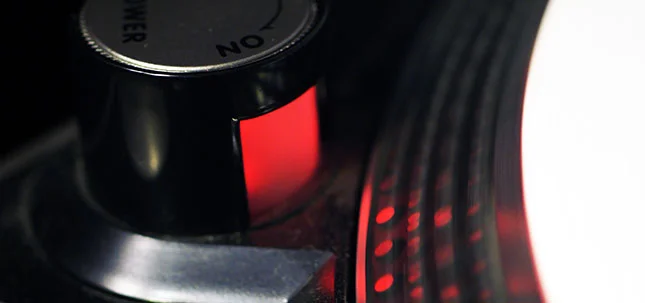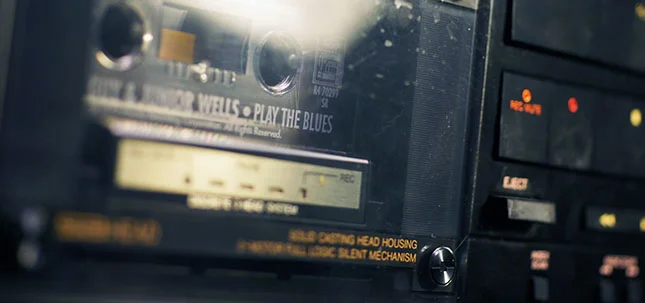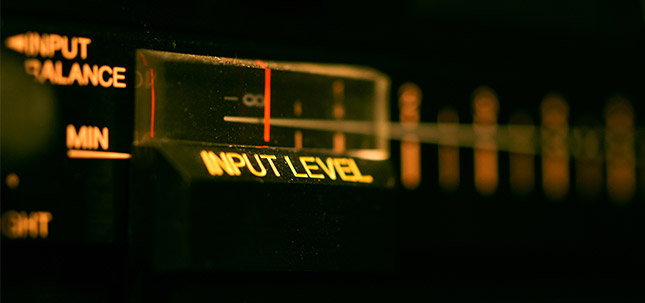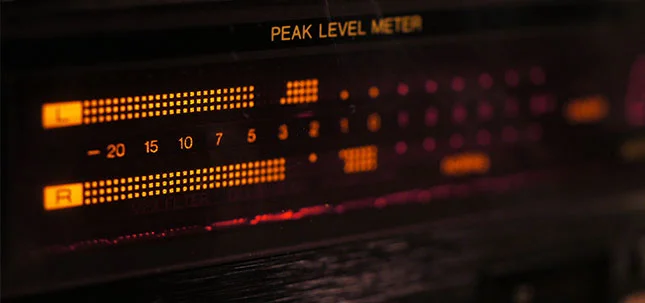"Oh, No! It's Devo 2.0": When Disney Met Devo
After a slew of critical and commercial failures, Devo was on the rocks in the early 1990s. The group’s last two albums, 1988’s Total Devo and 1990’s Smooth Noodle Maps were both met with poor reviews. Smooth Noodle Maps would be the start of an unofficial twenty year hiatus until 2010’s Something For Everybody. In between, the band members had developed their own projects. Mark Mothersbaugh found a lucrative niche composing film scores, Gerald Casale shot music videos for bands like Silverchair, Rush, and Foo Fighters as early as 1985, and Bob Casale produced Police guitarist Andy Summers’ first solo record XYZ in 1987. Other than a few sporadic club shows and brief reappearances at Lollapalooza, the band was pushed to the backburner by both its members and the general public.
And then, sometime in the mid-2000s, The Walt Disney Company approached them about forming a relaunch of the group with child actors performing the band’s back catalog of erratic, often sexual, Post-Punk oddball songs and calling it Devo 2.0.
I’d like to say a few things to the person at Disney who came up with this idea. First, I’m sorry you lost your job. That must have been very tough for you and your family. Second, thank you. Thank you so much.
We may never discover who this person was, but, as a staunch Devo fan, I’ve been trying to wrap my head around the intricacies of Disney’s decision since I learned about Devo 2.0. I won’t claim to have any real answers, but I can try to take a few shots in the dark as to why a company like Disney would invest its time and energy into kids singing Punk songs originally written by artists who were first inspired after seeing the Ohio National Guard murder protesters at Kent State.
Previously, Disney, and its record label Disney Sound, had partnered with another geek band in They Might Be Giants to release an album of songs for the four to eight-year old demographic. 2005’s Here Come The ABC’s won Parenting Magazine’s Children’s DVD of the Year award, two National Parenting Publication Awards, and went to #1 on Billboard’s Children’s Music charts. The mid-2000s were also the prime years for these tween-centric music machines. Maybe Disney had caught wind that Nickelodeon had recently bought the rights for an independent film released in 2005 that would later incubate into The Naked Brothers Band series. Maybe they were getting excited about The Cheetah Girl’s recent breakthrough after the group’s film debut a few years earlier. Either way, it’s surreal to think that in 2005, Disney was simultaneously putting its chips down on both Devo 2.0 and Hannah Montana.
Devo 2.0 (sometimes stylistically referred to as Dev2.0) was constructed of five children between the ages of ten and fifteen. Nicole Stoehr was chosen as the lead singer and frontwoman after Gerald Casale saw thousands of auditions, stopped, and declared that “she [was] was simply the best choice.” Other highlights of the casting process include keyboardist Jackie Emerson, who would later be cast as Foxface in the first Hunger Games movie; guitarist Nathan Norman, who appeared in commercials for Honeycombs cereal before joining the band; bassist Michael Gossard, who formed an Indie Rock band called ACIDIC years after the failed project; and Kane Ritchotte, who played drums for the unnervingly punctuated Portugal. The Man on various tours until his departure in 2014. With each individual member going on to have a bright future, it can be noted that Disney and Devo made almost all of the right choices with the formation of the band. Nevertheless, Devo snickered amongst themselves knowing that they pulled the wool over on The Walt Disney Company by convincing them that it would be a fantastic idea to get a prepubescent girl to sing about “an aroma of undefined love,” having an “uncontrollable urge,” heading for “the pleasure burn,” and then letting them front the cash.
There fun wouldn’t be for long, though. According to Gerald Casale of Devo, Disney kept complete control over song selection. So while they wouldn’t be able to shoot a music video of tweens singing “Mongoloid,” the band approved the ten songs Disney selected along with two of the first new Devo tracks since 1996, “Cyclops” and “The Winner.” Disney, though, never bothered to check out the lyrics for any of these songs. Production began with the Devo-driven Mutato Muzika re-recording backing tracks, conducting rehearsals, and preparing to shoot twelve full music videos. Somewhere in this process, Disney demanded to see the lyrics for the songs that they’d picked. Infuriated by what they should have already known, Disney execs started to tear apart the very songs that they were so keen to reinvent in the first place.
Devo’s classic ”Girl U Want” may be the most radically different. Changed to “Boy U Want” for lead singer Nicole Stoehr, almost every single line is drastically altered. Without mention of watering mouths, the greenest trees, or dripping down from the mists from above, Disney changed the lyrics to reference “Tarzan and Jane,” “[surfing] the sky until he touches the sea,” and “starting to glow.” On the other hand, 1981’s “Beautiful World” is given a slight tweak that completely alters the meaning of the song. Disney obviously never bothered to watch the music video for the song. If they had, they would have seen exactly what they wanted for the first half (smiling people, nicely combed hair, flowers blooming in the sun) until the video takes a dramatic turn to show a woman being lit on fire, a Ku Klux Klan rally, starving babies, and a black man being assaulted by a police officer. Instead, Disney thought that all the song needed was a quick edit to the final line. Devo’s original lyric “It’s a beautiful world for you / It’s not for me” is changed to the weirdly flippant “It’s a beautiful world for you / I guess me too.”
Jump to 2:34 in the video below to see Devo members Gerald and Bob Casale talk more about Disney’s lyrical changes.
"The overzealous minds of gatekeepers are always unfathomable," Casale says. "In many cases, they were telling me what the lyrics meant that I wrote 25 years ago. In 'That's Good,' there's a parochial school nursery rhyme couplet that goes 'Life's a bee without a buzz, it's going great till you get stung.' That had to go because 'B' is slang for bitch and 'life's a buzz' means you're high. Stung means you're getting away with it until the cops pop you. I found out I was writing gangster rap lyrics. It became a Devo experiment to learn how corporate thinking works these days."
Gerald Casale simultaneously basks in and begrudges the sweet, sweet irony of Devo 2.0 in this interview from SFGate. Normally, Devo is the first band to revert to their own theory of de-evolution in the face of corporate intrusion. It might not always be pertinent (Devo themselves absolutely benefited from similarly corporate decisions such as being signed to Warner Bros. Records after a stirring recommendation from David Bowie), but nothing really comes close to The Walt Disney Company forgetting that they chose to partner with five men from Akron, Ohio who started a weird little band in hopes of subverting the exact species of corporate propaganda that they were offering.
Very few answers are to be had from any of the Devo 2.0 merchandise I’ve been able to get my hands on. The CD/DVD release of the group’s only effort offers scattered enjoyment for only the biggest Devo fans. Seeing a twelve year old struggle through reading prepared interview questions can only be entertaining for so long. The band was poised to launch a limited nationwide tour of middle schools and shopping malls, but the only evidence I can find of any performances ever happening is a 2006 interview where guitarist Nathan Norman says that their first show was “better than [he] could have imagined.”
It’s at this point in my studious research, dear readers, that I may need to stop myself from falling even deeper down the proverbial rabbit hole. I’ve stumbled across this early 2006 MTV.com article where the author reveals that Disney would be undertaking a new venture with The Go-Gos to form an entirely pre-teen, girl-fronted tribute band called The Po-Gos after the rousing success of Devo 2.0. My Google search history just needs a break, everyone.



